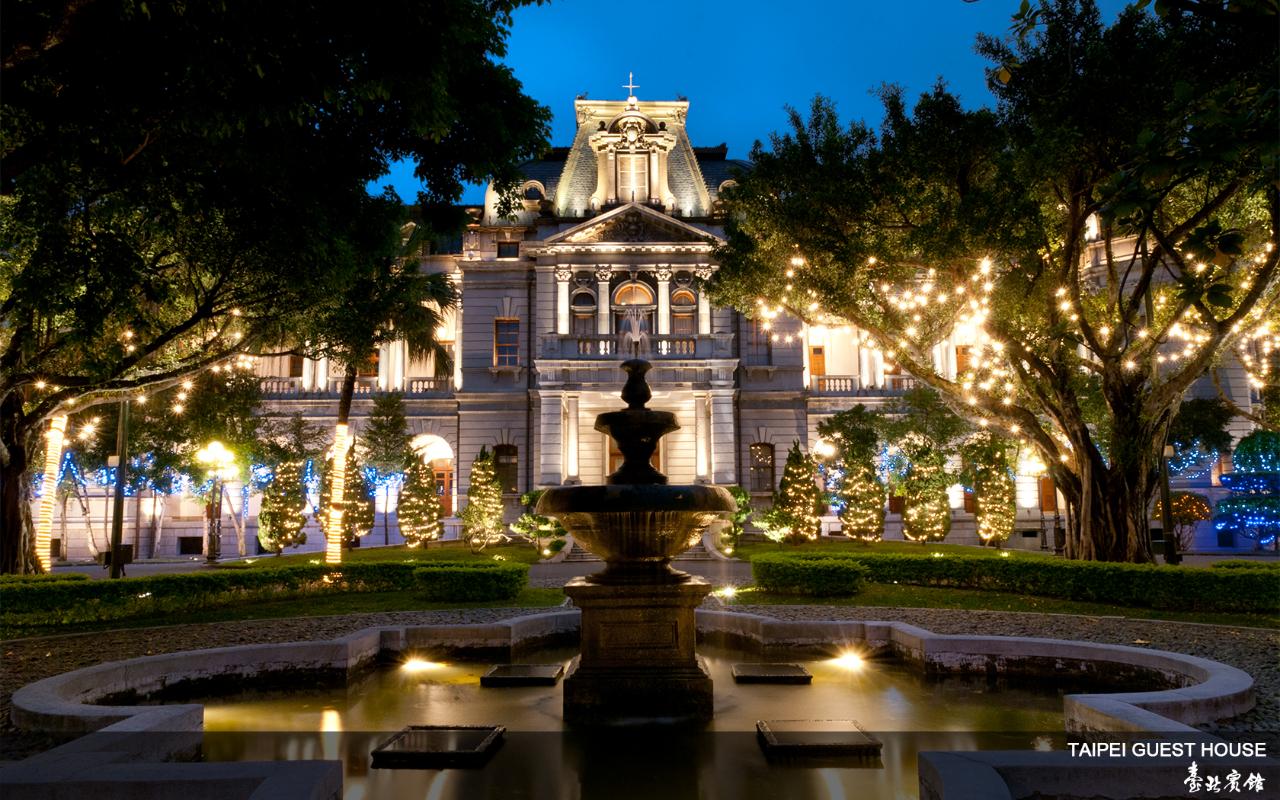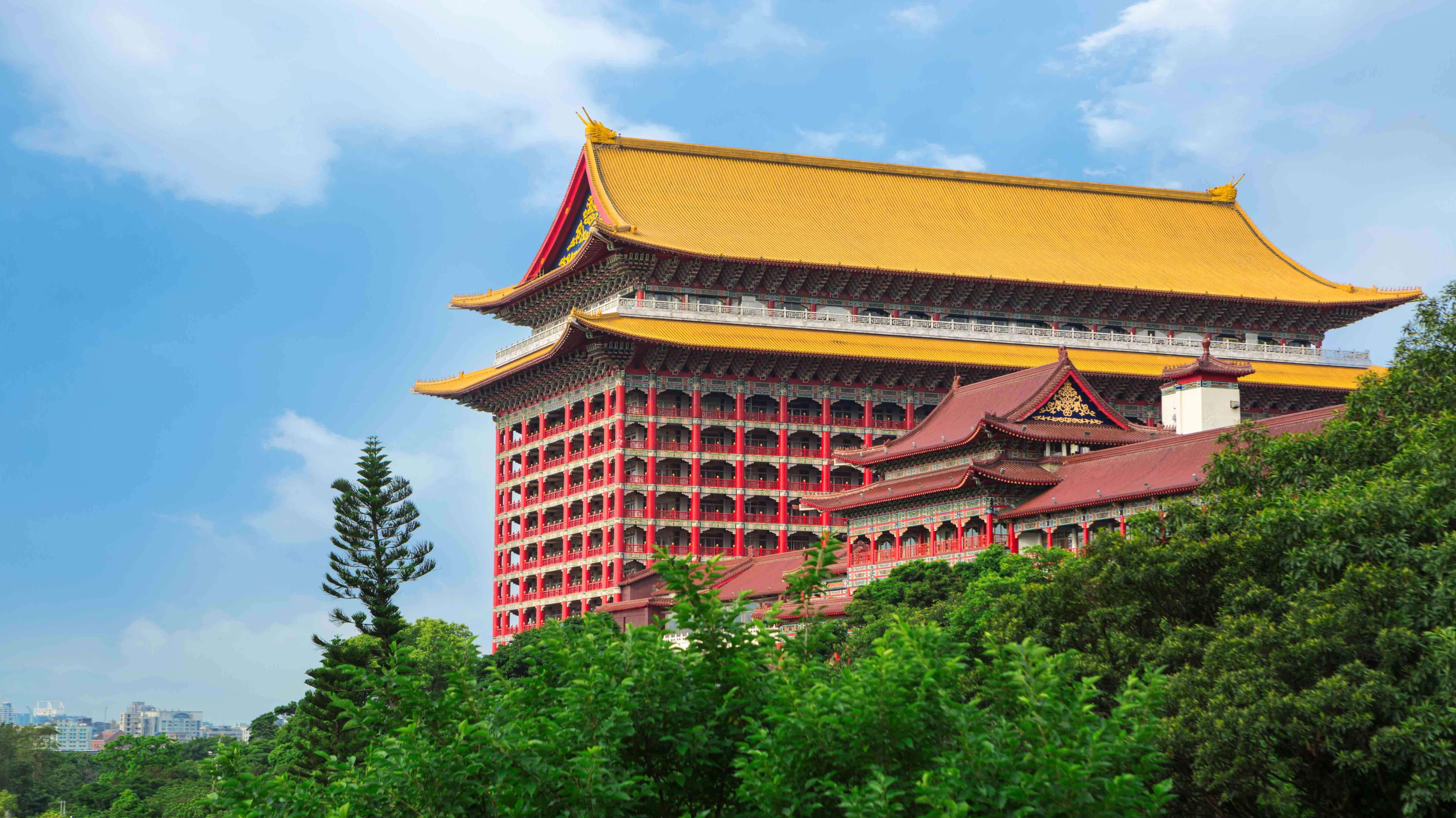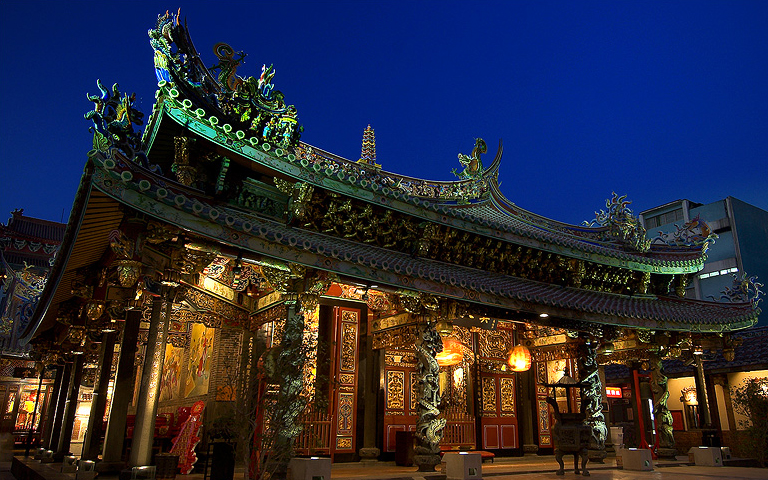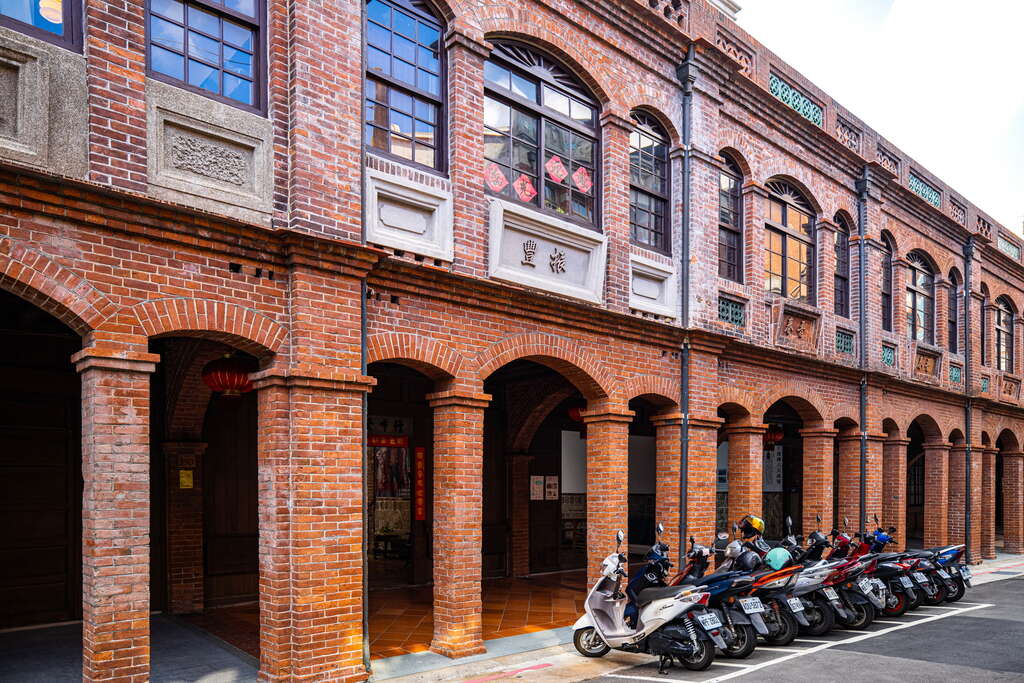Taipei Travel
Taiwan's culture is fine and diverse. At each corner, one can find some unique stories and local sentiments to enjoy. You are cordially invited to travel in Taiwan and discover Taiwanese lifestyles. The beautiful island has many off-the-beaten-track destinations to offer. Why not savor Taiwan's culture and nature and meet our hospitable locals! Friendly, wise and full of wonderful experiences – Taiwan cordially awaits you!
Travel Information
-

Weather
Taiwan has a tropical maritime climate with hot summers and mild winters. Summer temperatures typically range from 28–32°C (82–90°F), but can occasionally exceed 35°C (95°F). Winter temperatures average between 12–18°C (54–64°F). There is a high level of humidity throughout the year.
-

Time Zone
All territories in same time zone, GMT +8 hours (no seasonal adjustments)
-

Electricity
Taiwan uses electric current of 110 volts at 60 cycles, appliances from Europe, Australia or South-East Asia will need an adaptor or transformer.
-

Currency
The official currency in Taiwan is the New Taiwan Dollar (NT$). Foreign currencies can be exchanged at government-designated banks and hotels. Major credit cards such as American Express, Master Card, and Visa are accepted and traveler's checks may be cashed at foreign-exchange banks, some tourist-oriented businesses, and most international tourist hotels.
-

Tipping
Tipping is not customary in Taiwan, but some hotels and restaurants automatically add a 10% service fee to the bill.
-

Tax / VAT
VAT Refund Requirements:
- Eligible Applicants: Foreign travelers who enter the R.O.C. (Taiwan) with the following documents and stay for no more than 183 days from the date of Arrival:
- Passport of a country other than the R.O.C. (Taiwan)
- R.O.C. (Taiwan) passport without personal ID No. recorded.
- Travel documents.
- Exit & Entry permit.
- Temporary entry permit
- Requirements for VAT Refund:
With the entry document, foreign travelers who make purchases of at least NT$2,000 on the same day from the same designated stores with the "Taiwan Tax Refund"-label are eligible to request the "Application Form for VAT Refund." To claim the refund, they must apply at the port of their departure from the R.O.C. (Taiwan) within 90 days following the date of purchase, and they must take the purchased goods out of the country with them. More Information
- Eligible Applicants: Foreign travelers who enter the R.O.C. (Taiwan) with the following documents and stay for no more than 183 days from the date of Arrival:
-

Health System
Ranked as one of the best universal health care systems globally, Taiwan prides itself on having over 99% of its population coverage to residents and nationals. Satisfaction rates have an approval rating of over 80%, and many English-speaking doctors are available for any health concerns.
10 facts about Taiwan before you come
- The Portuguese named Taiwan "Ilha Formosa" in the 16th century, which means "Beautiful Island," a name that reflects its lush landscapes and scenic beauty.
- Taiwan's capital, Taipei, is known for its bustling night markets and the iconic Taipei 101 skyscraper, which was the world's tallest building from 2004 to 2010.
- The island is home to indigenous Austronesian-speaking peoples, with at least 16 recognized tribes, each with its own distinct language, culture, and traditions.
- Taiwan is a leading producer of semiconductors and technology products, with Taiwan Semiconductor Manufacturing Company (TSMC) being the world's largest contract chipmaker.
- The island has a high density of convenience stores, with 7-Eleven and Family Mart being particularly ubiquitous, offering a wide range of services beyond typical convenience store fare.
- Taiwanese cuisine is diverse and influenced by various culinary traditions, including Chinese, Japanese, and indigenous. Popular dishes include beef noodle soup, bubble tea, and stinky tofu.
- The island is prone to earthquakes due to its location on the Pacific Ring of Fire. Taiwan has developed advanced earthquake engineering and public safety measures in response.
- Sun Moon Lake, located in Nantou County, is Taiwan's largest lake and a popular tourist destination known for its serene beauty and the surrounding mountains.
- The island is a leading destination for bicycle manufacturing and has embraced cycling culture, with extensive bike trails and the annual Taiwan Cycling Festival.
- Taiwan is a major exporter of orchids, and its agricultural research and innovation have made it a leader in orchid cultivation and breeding.
Taipei Attraction
-

National Palace Museum
The National Palace Museum houses the world's most extensive collection of priceless Chinese art treasures, which spans China's nearly 5,000-year history. Most of the museum's over 600,000 art objects were part of the Chinese imperial collection, which began over 1,000 years ago in the early Song dynasty.
-

Taipei Guest House
The Taipei Guest House was built in 1911. It was first used as the residence of Taiwan governor-general during the Japanese colonial period. The building was designed in the Renaissance Revival style. It was declared as the national historical building in 1998. The whole building complex was open to the public in 2006. On the designated open-house days, visitors can enter the build to appreciate the striking architecture and learn more about the history of Taiwan.
-

The Grand Hotel
The Grand Hotel was established by Madame Chiang, Kai-Shek in 1952, one of the iconic landmarks in Taipei. It is a 14-story palace-like, magnificent building. The location of Grand Hotel is a great vista point for visitors to view the landscape of Taipei. The hotel is not far from the MRT Red Line (Yuanshan Station).
-

Culture Landmarks
The Han Chinese settlement started in the early 18th century from the southwestern region of Taipei, along the east shore of Tamsui (Danshui) River, now known as Wanhua District and Datong District. Some old temples built in the late 18th century hold the treasures of traditional Chinese architecture and folk art, e.g. the Lungshan Temple and Baoan Temple.
-

Dadaocheng and Formosa Oolong Tea
A Scottish merchant John Dodd introduced the modern production system of tea to Taiwan. He exported the Taiwanese tea under the brand Formosa Oolong Tea to New York in 1869 successfully. That started the tea industry in Taiwan. In the late 19th and early 20th century, Dadaocheng was the hub of tea trade and gradually developed into the economic center of Taipei in the Japanese era (1895- 1945). Visitors will find various Western-style old buildings along the Dihua Street in Dadaocheng, including some Baroque-style architecture.
-

Local Culinary Delicacies
There are wide variety of choices for visitors to experience the food culture in Taiwan, from the gourmet cuisine served in restaurants to the street food in night markets. It is generally safe to walk around the city in the evening, visitors can experience the famous night markets by the MRT easily. The following places are within the walking distance from the MRT stations: Yongkang Street , Ningxia night market, and Raohe night market. Besides the night markets, food courts in department stores are also good choices to try local delicacies. Business hours for shops, restaurants, and department stores usually end around 9- 10 pm in Taipei.
Other Information
Taiwan Halal Certified Restaurants
Taipei Tourism Bureau (Travel Guide)
Bureau of Consular Affairs, Ministry of Foreign Affairs (Visa)